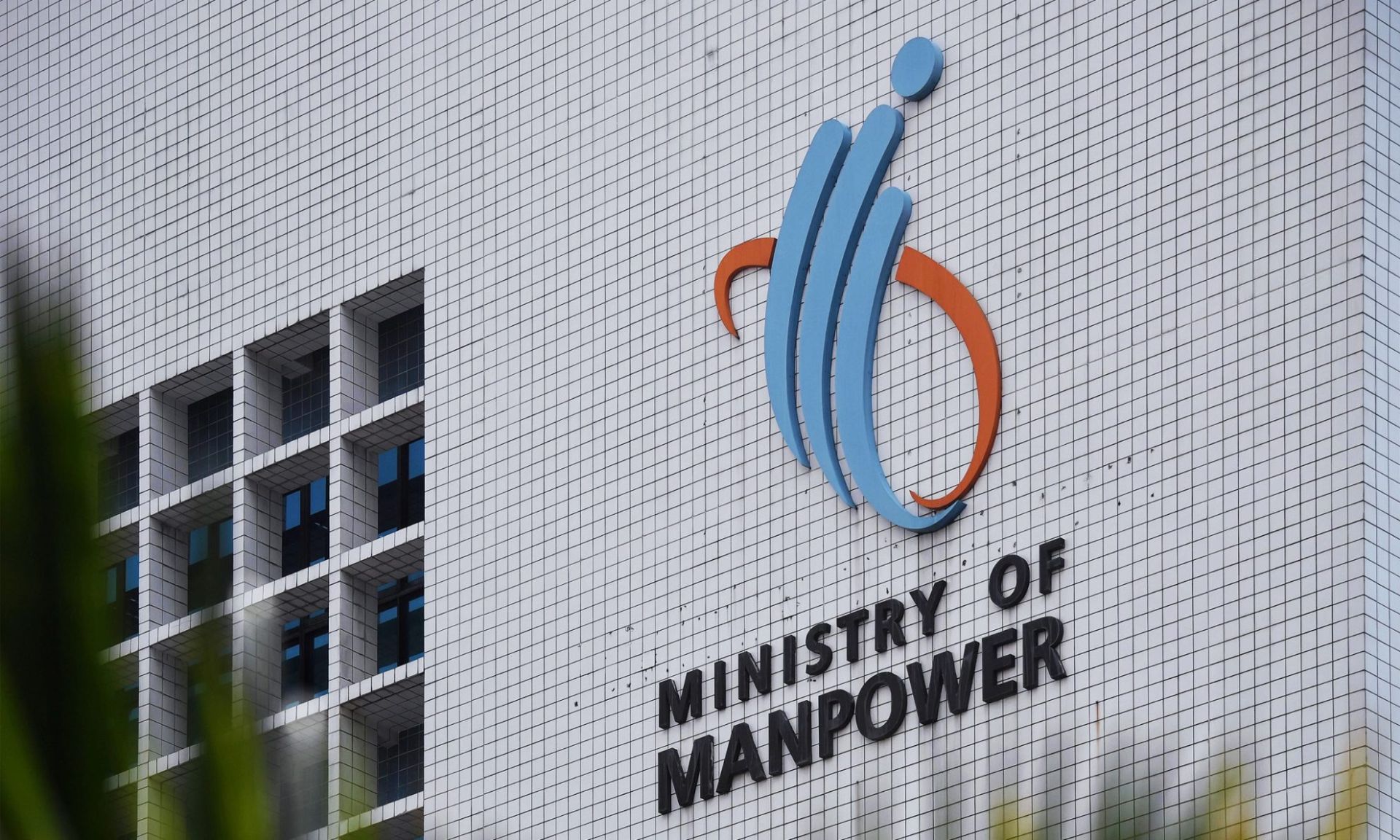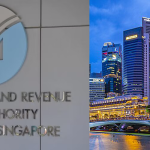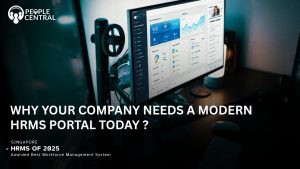The Ministry of Manpower (MOM) in Singapore plays a pivotal role in safeguarding the rights of workers, promoting fair employment practices, and ensuring a harmonious workplace environment. The MOM regularly introduces new policies, initiatives, and amendments to existing regulations to address the evolving needs of the labor market. This blog post provides a comprehensive overview of some of the key updates and developments from the Ministry of Manpower in 2025.
Ministry Of Manpower: Key Updates and Initiatives
- Minimum Wage Increase: The MOM has announced a substantial increase in the minimum wage for all workers in Singapore, effective from 1st January 2025. This adjustment is aimed at providing a more adequate standard of living for low-income earners and reducing income inequality. The new minimum wage rate will be S$5,600 from S$5,000, which represents a12% increase from the previous rate.
- Enhancements to Foreign Worker Policies: To ensure that foreign workers are treated fairly and are not exploited, the MOM has introduced several enhancements to its foreign worker policies. These include:
- Stricter regulations for employment agencies: Employment agencies will be subject to more stringent requirements, including increased financial guarantees and stricter compliance checks.
- Increased penalties for employers who violate labor laws: Employers who violate labor laws, such as paying below minimum wage or not providing adequate rest days, will face harsher penalties, including fines and potential revocation of work permits.
- Improved measures to protect the rights of foreign domestic workers: The MOM has implemented measures to protect the rights of foreign domestic workers, such as requiring employers to provide adequate accommodation and food, and ensuring that foreign domestic workers have access to legal assistance.
- Expansion of Tripartite Alliance for Fair Employment Practices (TAFEP): The TAFEP, a platform for employers, employees, and unions to discuss and resolve workplace issues, has been expanded to include a wider range of stakeholders, such as industry associations and government agencies. This expansion aims to promote better dialogue and collaboration among all parties involved.
- Introduction of Flexible Work Arrangements: The MOM has encouraged employers to adopt flexible work arrangements, such as flexible working hours, telecommuting, and job sharing. These initiatives aim to improve work-life balance, enhance employee satisfaction, and attract and retain top talent. The MOM has also provided guidelines and resources to help employers implement flexible work arrangements effectively.
- Strengthened Workplace Safety and Health Measures: The MOM has implemented stricter workplace safety and health regulations to prevent accidents and injuries. These measures include:
- Regular inspections: The MOM will conduct more frequent inspections of workplaces to identify and address potential safety hazards.
- Mandatory training for workers: All workers will be required to undergo mandatory safety and health training to ensure that they are aware of their rights and responsibilities.
- Increased penalties for non-compliance: Employers who fail to comply with workplace safety and health regulations will face harsher penalties, including fines and potential closure of their businesses.
- Focus on Mental Health and Well-being: Recognizing the importance of mental health in the workplace, the MOM has launched initiatives to promote mental well-being among workers. These initiatives include:
- Providing resources for mental health support: The MOM has partnered with mental health organizations to provide resources and support for workers who are experiencing mental health issues.
- Encouraging employers to create a supportive work environment: The MOM has encouraged employers to create a supportive work environment where employees feel comfortable discussing mental health issues and seeking help.
- Promoting mental health awareness: The MOM has launched campaigns to raise awareness about mental health issues and to reduce stigma associated with mental illness.
- Digitalization of Employment Services: The MOM has continued its efforts to digitalize employment services to improve efficiency and accessibility. This includes:
- Online platforms for job seekers, employers, and agencies: The MOM has developed online platforms where job seekers can search for jobs, employers can post job vacancies, and agencies can recruit foreign workers.
- Mobile applications for managing work passes and permits: The MOM has launched mobile applications that allow foreign workers to manage their work passes and permits online.
Suggested read: Progressive wage model singapore 2024 | Ministry of Manpower
Conclusion
The Ministry of Manpower in Singapore has been actively working to create a fair, equitable, and inclusive labor market. The updates and initiatives mentioned in this blog post are just a few examples of the MOM’s ongoing efforts to protect the rights of workers, promote workplace harmony, and ensure Singapore’s continued economic growth.
Note: As of August 2024, the year 2025 is still in the future. Therefore, some of the specific updates and initiatives mentioned in this blog post may change or be subject to modification. It is always recommended to refer to the official Ministry of Manpower (MOM) website or consult with a labor law expert for the most current information.








 5
5


























